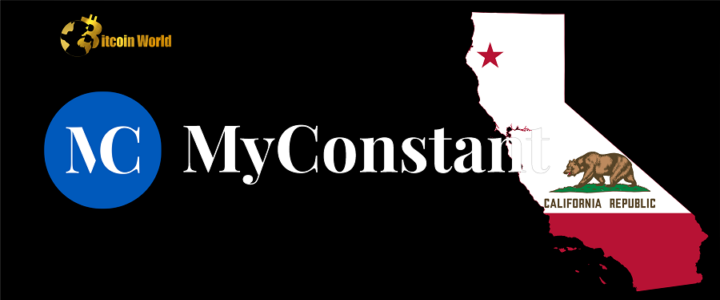- The agency seeks to identify cryptocurrencies under a new category of personal property dubbed “data objects”.
- The U.K. Law Commission seeks to create an accommodative environment without stifling innovation.
The U.K. government has been working hard to bring clear regulatory rules for crypto firms to operate in the country. On Thursday, July 28, the U.K. Law Commission proposed changes to how property laws could be applicable to cryptocurrencies, in England and Wales.
The five-decade-old commission acknowledged that digital assets such as cryptocurrencies and on-fungible tokens (NFTs) play an important role in modern financial society. Also, the recent report from the U.K. Law Commission comes a week after the U.K. market bill proposed treating cryptocurrencies as financial assets. Speaking on the matter, Professor Sarah Green, the Law Commissioner for Commercial and Common Law, said:
Digital assets such as NFTs and other crypto-tokens have evolved and proliferated at great speed, so it’s vital that our laws are adaptable enough to be able to accommodate them.
The utility of digital assets and digital tokens has emerged for a variety of purposes. They are useful either as a form of payment or for representing objects and rights such as equity and debt securities. As a result, the U.K government has asked the Law Commission to review the law on digital assets and accommodate them in the existing financial system.
Besides, the proposal put forward by the U.K. Law Commission seeks to deliver greater recognition and legal protection to digital assets.
Using Existing Property Laws for Cryptocurrencies
In its new consultation paper, the Law Commission examines how the existing property laws could be applicable to digital assets. However, digital assets don’t easily fit into the existing private property laws. Thus, the U.K. Law Commission argues that the law should go to acknowledge the unique features of digital assets, that makes them different from traditional assets. This would further ensure a strong legal foundation for the cryptocurrency industry and its users.
Thus, the agency suggests recognizing a new category of personal property dubbed “data objects”. The Commission wrote:
We provisionally conclude that crypto-tokens satisfy our proposed criteria of data objects and are appropriate objects of property rights.
We provisionally conclude that there is an arguable case for law reform to provide courts with the discretion to award a remedy (where traditionally denominated in money) denominated in certain crypto-tokens in appropriate cases.
Law Commissioner Sarah Green said that this proposal will further encourage technological innovation. “It’s important that we focus on developing the right legal foundations to support these emerging technologies, rather than rushing to impose structures that could stifle their development. By clarifying the law, England and Wales could reap the potential rewards and position itself as a global hub for digital assets,” she added.




